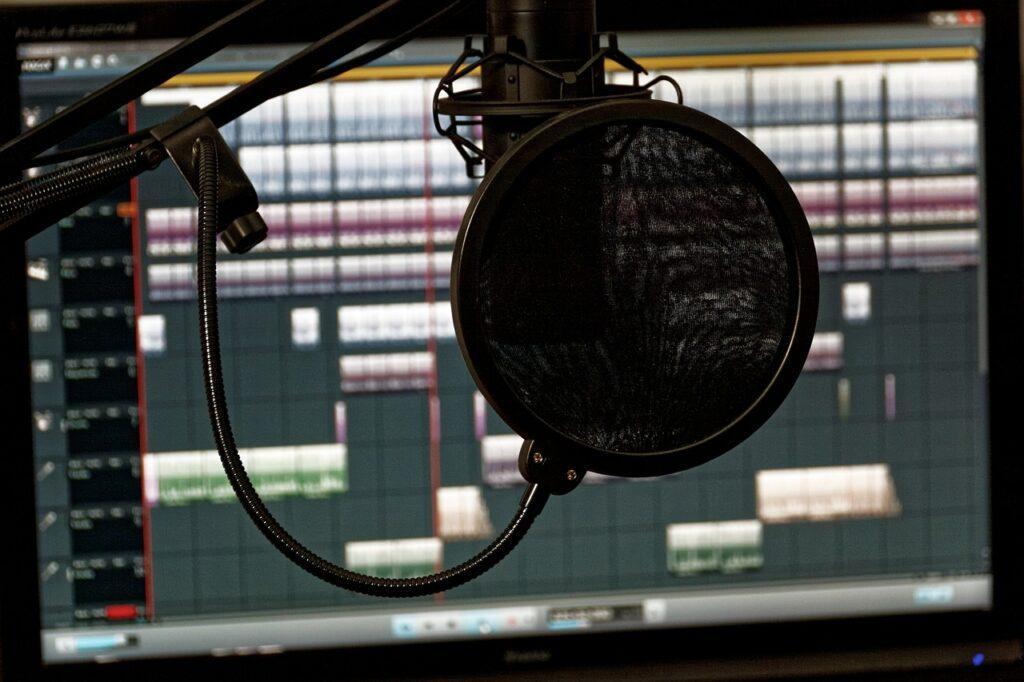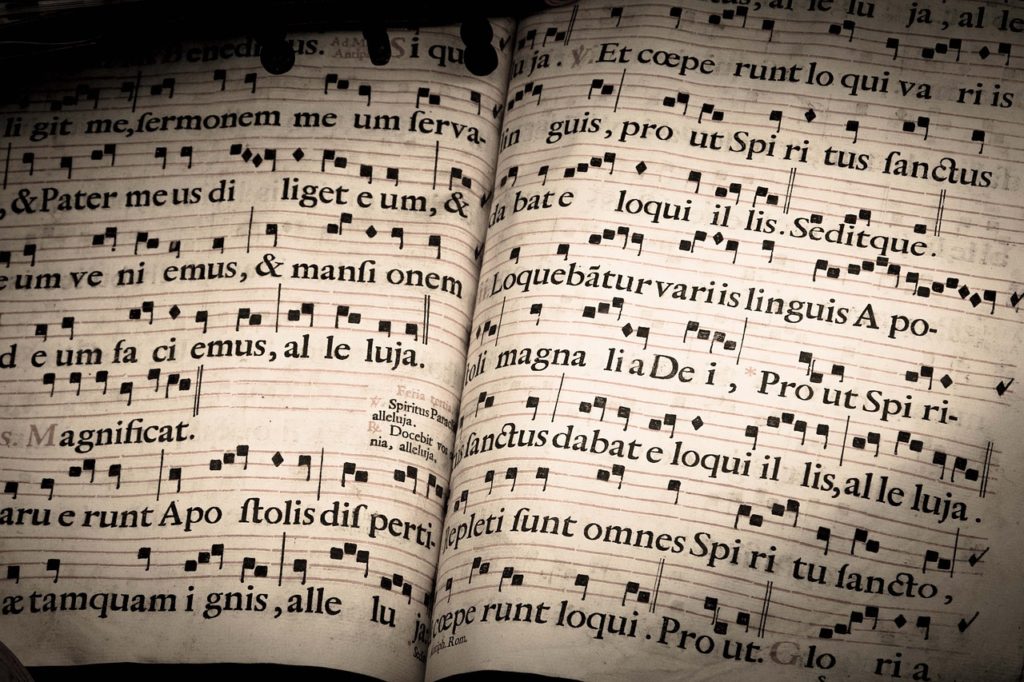The Top 10 Best Iconic Classical Music Compositions
Do you want to hear the top classical music pieces? Western classical music has become an international music resource enjoyed by millions around the world. However, your average person on the street may only know the names of a few composers and just a handful of compositions. Keep reading “The Top 10 Best Iconic Classical Music Compositions” to introduce yourself to the world of classical music. Estimated reading time 4 minutes.
The Top 10 Best Iconic Classical Music Compositions Read More »









